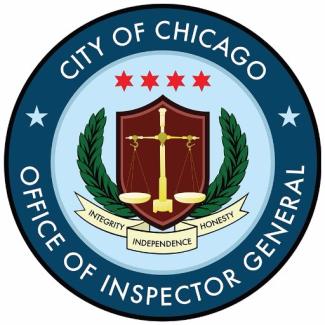Report Description
OIG audited the Chicago Department of Transportation’s (CDOT) billing process for commercial driveway permit annual fees to determine whether the Department accurately and completely billed commercial property owners for driveways that use the public way. We found that CDOT either did not bill, or inaccurately billed, an estimated 6,713 permitholders, resulting in annual revenue loss between $1.1 million and $1.5 million. If collected, this would increase driveway permit revenue by 39-54%. In addition, the City does not actively pursue payment for driveway permit fees that are past due, resulting in at least 11,561 active permits with $3.8 million in overdue fees in CDOT’s records. Lastly, CDOT has no confidence that all relevant driveways are recorded in its current driveway permit system and is thus likely forgoing an unknown amount of additional revenue by not billing all relevant property owners.




